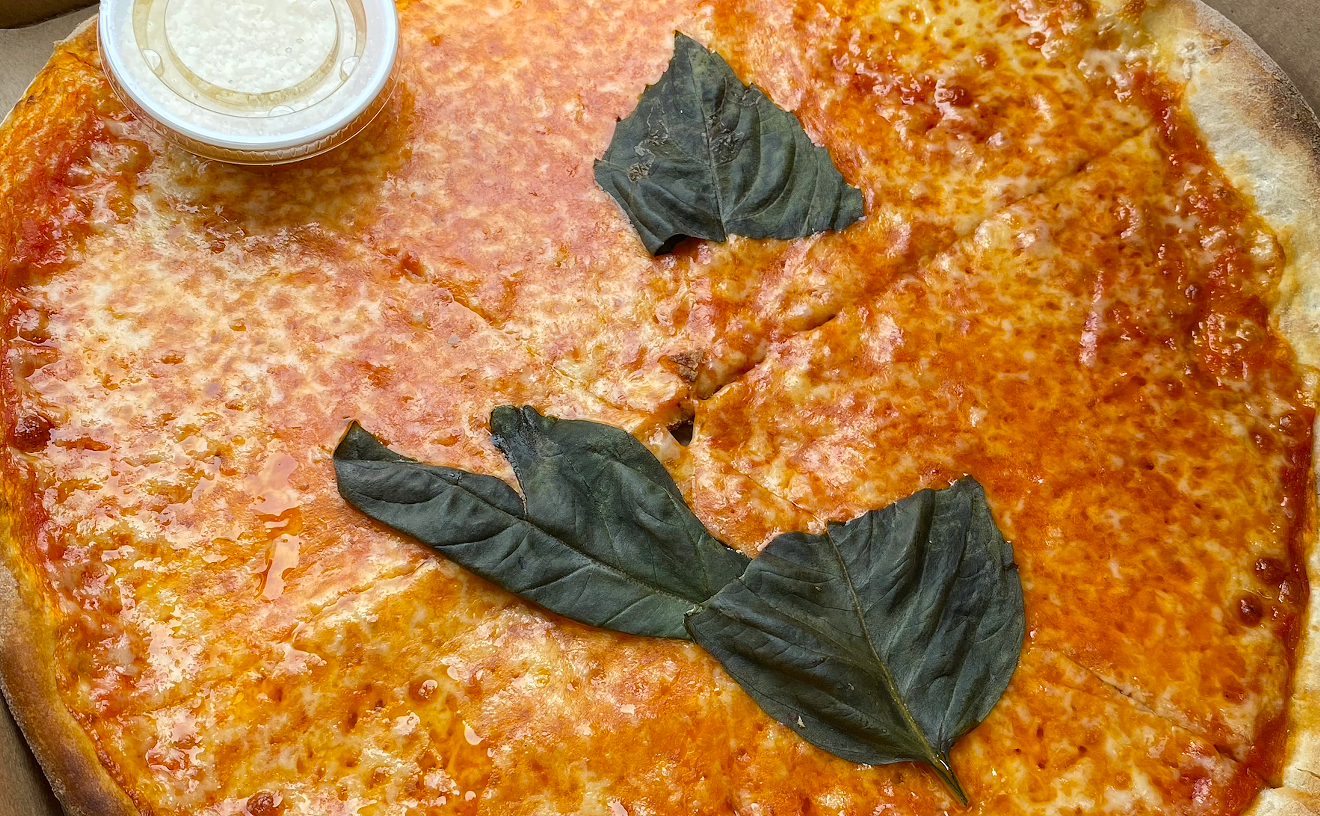Like the lions that roam the African planes, the lions of the ocean are mighty predators.
Well, not really. But these ferociously finned nonnative fish have managed to eat our tropical reefs bare.
Which is why Key Largo-based REEF -- short for Reef Environmental Education Foundation -- has launched a series of annual Lionfish Derby and Rodeo events, one of which is taking place in Palm Beach County.
A lionfish derby is a one-day, team-based competition with one goal: to cull the population of this invasive species in an effort to protect our local reefs.
Lionfish -- named for their poisonous, mane-like dorsal, ventral, and anal spines -- are native to the Indian and Pacific oceans. They have no real predators here but do have large appetites for native fish and crustaceans.
Killing them is just "biting back," says REEF Special Projects Director Lad Akins. It's primarily up to humans to control or remove the invaders.
Since 2006, REEF has been working with state and local governments to control lionfish populations. Part of that process included routine dives to remove the invasive species. But it just wasn't enough.
Then, in 2009, local Palm Beach resident Bobby Lyndsay decided to so something more and teamed up with REEF in Abacoa, Bahamas, to host a daylong lionfish hunt. The event was a success, netting more than 1,000 lionfish in a day.
Today, the annual derbies are no longer restricted to Bahamas waters and now include South Florida, with this year ringing-in the fourth-annual Lionfish Derby in Palm Beach at Sailfish Marina on Singer Island. During last year's rodeo, 3,542 lionfish were snagged off reefs from Key Largo north to West Palm Beach (and including the Bahamas).
How does a derby work? Teams (typically three to four members apiece) go head-to-head during a daylong competition, each trying to best the other in the total number of fish caught. Using a variety of capture methods -- scuba diving, free diving, and snorkeling are all permitted -- prizes are awarded to the teams with the most, biggest, and smallest lionfish caught.
While the teams compete to bring back the bounty, spectators have the opportunity to learn from REEF representatives who are on-hand to instruct would-be lionfish fishermen how to properly catch and handle lionfish safely, as well as understand how the species can harm local marine ecology.
Spectators also have a chance to taste several delicious recipes as the fish are cut and cooked postcatch for a lionfish feast.
This year's Lionfish Derby will be taking place at the Sailfish Marina on Singer Island this Friday and Saturday, August 17 and 18. Registration for a team costs $120 to $150. The top prize of $1,000 goes to the team with the most fish, while $500 prizes are awarded to the biggest and smallest catch. For more information or to register for the event, click here.
Follow @ CleanPlateBPB











